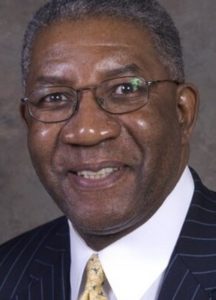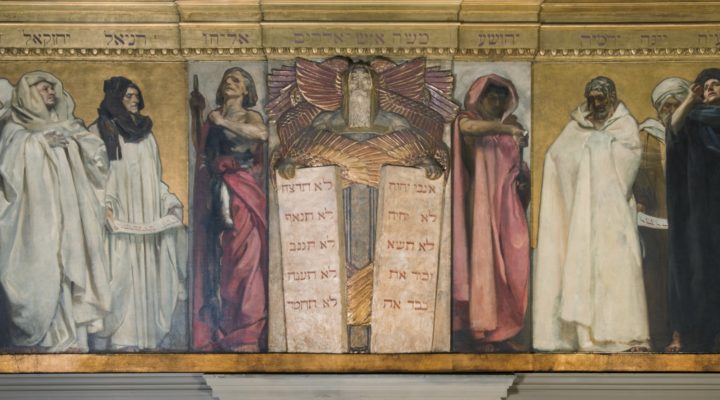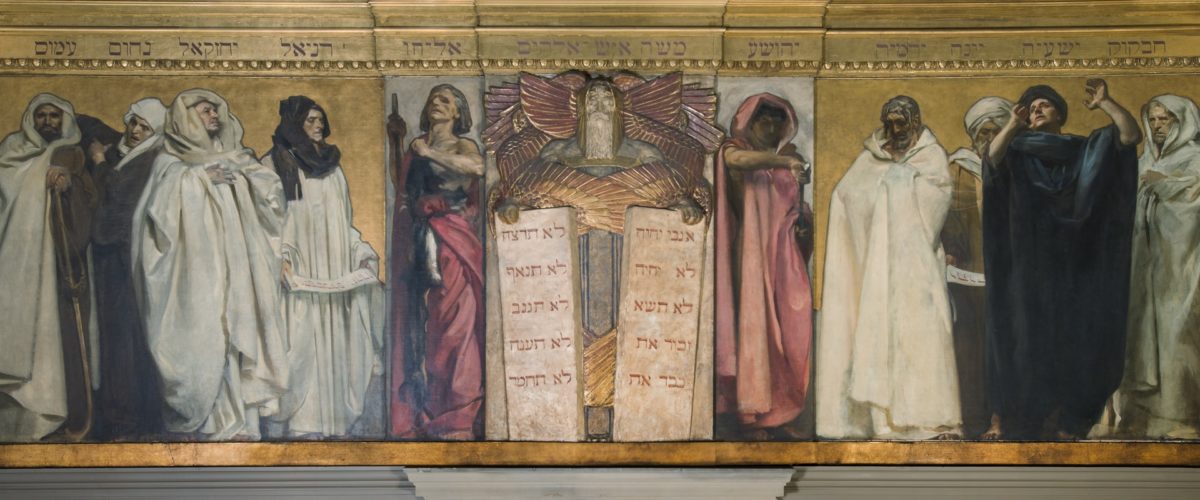This article is part of a series on Critical Race Theory published throughout the month of December. See the links below for previous articles in the series.
On Nov. 30, 2020, presidents of the six seminaries affiliated with the Southern Baptist Convention issued a joint statement that declared: “Affirmation of Critical Race Theory, Intersectionality, and any version of Critical Theory is incompatible with the Baptist Faith and Message.” That joint statement illustrates why I stopped affiliating with the SBC two generations ago.
It also is the latest reason (not that any more reasons are needed) why people who follow Jesus should not attend or support SBC churches and seminaries.

Wendell Griffen
Critical Race Theory is based on the view that one cannot accurately interpret and understand issues of social justice and public policy without analyzing how white supremacy and racism affect law, commerce, education, crime and punishment, public health and community well-being.
Intersectionality is a theoretical framework first advanced by Kimberle Crenshaw, a law professor at the UCLA and Columbia University Schools of law, that examines how multiple kinds of identity (race, gender, sex, class, ability, nationality/immigration status, sexual orientation) combine (intersect) to affect public policies and social justice. Crenshaw explains intersectionality in a TED Talk.
The SBC seminary presidents did not explain in their statement how any aspect of Critical Race Theory or Intersectionality is “incompatible” with the Baptist Faith and Message. We have yet to be told how the seminary presidents consider CRT and Intersectionality in conflict with SBC confessional beliefs. All it took was for six white Southern Baptist men to issue a naked statement to that effect, without supporting proof or arguments.
In doing so, the SBC seminary presidents unwittingly demonstrated why CRT and Intersectionality are important. Their statement showed the world, and especially Southern Baptists, that white men determine what ways are acceptable to analyze religious faith, public policy, and social justice. It also showed that the views of white Southern Baptist men about religious faith, public policy and social justice cannot be questioned, let alone critiqued or challenged, by people of color, women, people who are LGBTQ, immigrants and people with varying levels of ability. In one fell swoop, the SBC presidents presented themselves as textbook examples of white supremacy and the analytical usefulness of CRT and Intersectionality.
“Southern Baptists have not been ‘the light of the world’ regarding those realities.”
The statement seems to have been crafted and issued to placate some SBC pastors who object to CRT and Intersectionality because those analytical lenses force people to confront the realities of racism, sexism, homophobia and transphobia, classism, ablism and xenophobia. Southern Baptists have not been “the light of the world” regarding those realities.
Yet, those realities affect people in SBC churches and the communities where those churches exist. Furthermore, the Hebrew Testament and the New Testament Gospels are full of lessons and accounts about how prophetic people confronted social injustice. It is telling that SBC seminary presidents take umbrage with CRT and Intersectionality yet insist that the Bible is the authoritative guide for personal faith and living.
It seems, therefore, that SBC seminary presidents are afraid to have seminary students think and discuss how race, sex, gender, sexual orientation, class, ability and immigration status work in the lives and faith of Southern Baptists. They seem unwilling to think and discuss how and why the perspectives of white men are the only perspectives that matter, or that matter most. And the SBC seminary presidents apparently think their declaration will be enough to placate SBC constituents and help them recruit future students and faculty of color at a time when more women and people of color are refusing to enroll in SBC seminaries, let alone remain in them.
“The SBC has a deplorable history concerning intellectual honesty and ethical behavior concerning social justice.”
I hope the statement causes intellectually honest people, and especially women and people of color, to leave SBC seminaries. The SBC seminary presidents are trying to prevent intelligent analysis and discourse about how racism, sexism, classism, ablism, white religious nationalism and xenophobia affect how people approach theology, the way the Bible is read, understood, preached and taught, and the way religion is practiced. That is fundamentally dishonest but hardly surprising. The SBC has a deplorable history concerning intellectual honesty and ethical behavior concerning social justice.
White supremacy, racism, sexism (including homophobia and transphobia), classism, ablism and xenophobia are not consistent with the gospel of Jesus because they violate the biblical command that we love God completely and love one another unconditionally. To the extent that CRT and Intersectionality help us analyze, confront and dismantle the systemic oppression created by those evils, CRT and Intersectionality are useful lenses as we do theology, ethics and obey the call of Jesus to love one another. Followers of Jesus do not need permission from the SBC, or its seminary presidents, to do so.
At the same time, followers of Jesus should respect the right of the SBC to continue walking the racist, sexist, nativist, classist and xenophobic path that its white supremacist founders chose 175 years ago. That is why we should allow the SBC to walk that path alone, and we should hope the SBC tribe continues to decrease.
Wendell Griffen is an Arkansas circuit judge and pastor of New Millennium Church in Little Rock, Ark.
Other articles in this series:
SBC seminary presidents are ‘complicit with evil,’ revered California pastor says
SBC seminary presidents are propagating fear to maintain control | Laura Levens
Is it time for Black Christians to give up on the SBC? | Corrie Shull
How I learned to name my oppression — and my privilege | Meredith Stone


